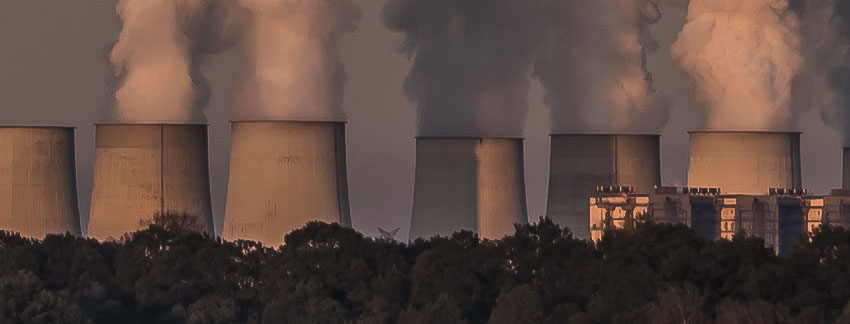This call reflects several EU directives and strategies. It includes increased targets for renewable energy, promoting clean hydrogen as a decarbonisation solution, circular, and sustainable bioeconomy. The updated Renewable Energy Directive and the REPowerEU Plan set specific goals for renewable hydrogen production and imports. Furthermore, the EU ETS Directive has been revised to extend the Innovation Fund to medium-scale projects, including in the maritime and aviation sectors. The Fund also provides project development assistance through the European Investment Bank.
This year, a major change in the Innovation Fund call happens: the cost efficiency ratio reduces from 600 EUR per ton of CO2-equivalent to 200 EUR per ton of CO2-equivalent. This represents a significant shift in the fund’s approach to financing projects related to carbon dioxide reduction. This change reflects a more ambitious stance on cost efficiency in carbon reduction, potentially driving innovation while also posing new challenges for project developers. It indicates a shift towards more cost-effective, scalable, and sustainable solutions in the fight against climate change.
Funding opportunities for projects are of varying scales – large, medium, and small – under the general decarbonisation theme. Eligible projects may include innovation in low-carbon technologies and processes in specified sectors, carbon capture and utilisation (CCU), renewable energy, energy storage technologies maritime and aviation. A dedicated call focuses on pilot projects Pilot with CAPEX above €2.5 million and below €40 million focusing on deep decarbonisation. Finally there is also a focus on hydrogen applications in industry and the maritime and wind energy, emphasising breakthrough technologies such as energy efficiency, sustainable alternative fuels, and zero-emission propulsion technologies. The call encourages the building of industrial capacity, technology leadership, and supply chain resilience within the EU. Only projects that have not commenced at the time of the grant application are eligible for funding.
Here is a summary of the 5 calls open under the Innovation Fund call 2023:
- INNOVFUND-2023-NZT-GENERAL Program
– Large-Scale Projects (LSP): EUR 1.7 billion budget.
– Medium-Scale Projects (MSP): EUR 500 million budget.
– Small-Scale Projects (SSP): EUR 200 million budget.
Scope: Funds activities supporting innovation in low-carbon technologies, carbon capture/utilisation (CCU), renewable energy, energy storage, and emission mitigation. Maritime and Aviation Support: Includes funding for innovative technologies in these sectors, focusing on zero-emission propulsion and sustainable fuels.
- INNOVFUND-2023-NZT-MANUFACTURING
– Budget: EUR 1.4 billion.
– Objectives: Support manufacturing of clean-tech components for hydrogen production, renewable energy, and energy storage.
– Scope: Includes construction and operation of manufacturing facilities, focusing on renewable energy installations, electrolysers, fuel cells, energy storage, and heat pumps.
– Exclusions: Innovative use of components in power generation, energy storage, or hydrogen production/consumption is not funded.
- INNOVFUND-2023-NZT-PILOTS
– Budget: EUR 200 million.
– Objectives: Support pilot projects for innovative, deep decarbonisation technologies.
– Scope: Includes construction and operation of pilot projects for renewable energy installations, CO2 storage solutions, and energy storage.
– Criteria: Projects should demonstrate innovation and the potential to move to large-scale demonstration or commercial production.
Overall Budget and Timetable
– Total Budget: Estimated at EUR 4 billion, with the possibility of a 20% increase.
– Call Opening: 23 November 2023.
– Submission Deadline: 09 April 2024.
– Evaluation Period: April-October 2024.
– Results Announcement: November 2024.
– Grant Agreement (GA) Signature: February 2025.





